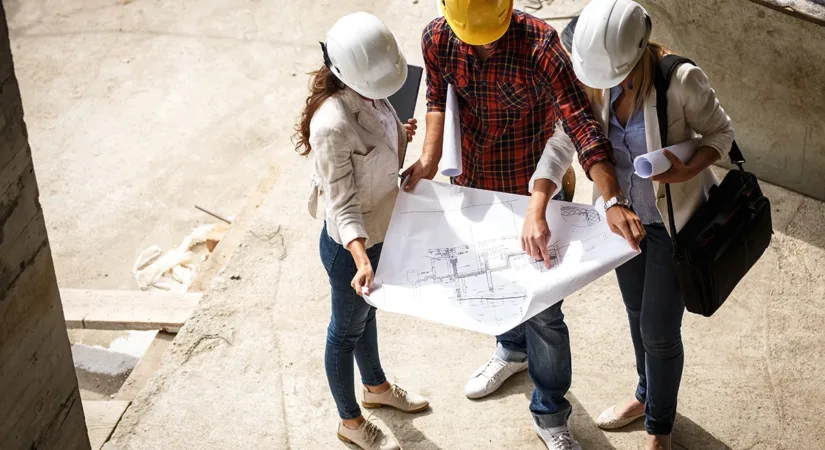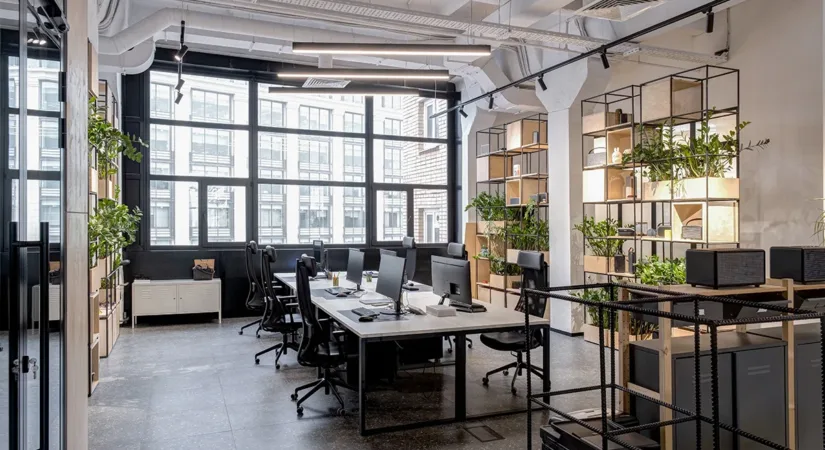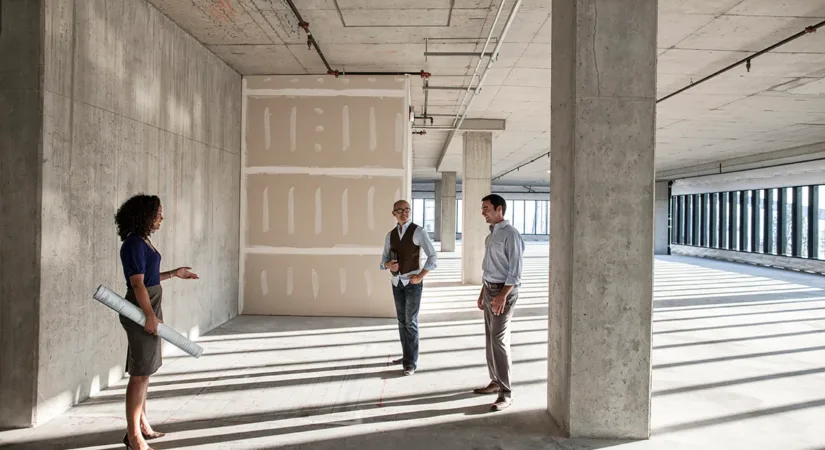In a commercial construction project, the expertise and guidance of a seasoned general contractor are vital for transforming your vision into reality. Whether you’re building a new facility, expanding your business, or renovating an existing space, a commercial contractor offers extensive services to streamline the construction process, mitigate risks, and ensure your project is completed on time and within budget.
In this blog, we outline the specific responsibilities of a general contractor, what they entail, and how they can benefit your business.
What Is a Commercial Contractor?

A commercial contractor is a general contractor who specializes in commercial construction projects. A general contractor (GC) oversees and manages the construction process from start to finish. Their services cover many responsibilities to make the construction process as straightforward, efficient, and stress-free as possible.
The Responsibilities of a General Contractor in Commercial Construction
The responsibilities of a commercial contractor are extensive. They require a blend of technical knowledge, project management skills, and effective communication to ensure the project is completed to the highest standards of quality and efficiency.
Below, we explore these specific responsibilities, how a GC may approach them, and how they ultimately benefit the client and their business.
Planning Commercial Construction Projects

A general contractor is responsible for planning a commercial construction project. They will assess the feasibility of a project, including budgeting and scheduling, to design a detailed and well-thought-out construction approach. This typically involves collaborating with architects and engineers to finalize design plans, and value engineering to ensure these plans are carried out in the most cost-effective way possible.
A GC also provides accurate cost estimates for materials, labor, and other potential expenses to create a comprehensive project budget and prevent cost overruns. This ensures the project is financially viable and realistic and that attainable goals are established early on to keep everything on track and on schedule.
Construction Materials and Equipment Sourcing
A commercial general contractor is responsible for sourcing everything required for a construction project’s completion. This includes materials like lumber and concrete, and equipment such as excavators, bulldozers, cranes, and more. A GC must also acquire essential tools and safety gear for the construction crew.
This is highly beneficial because it saves valuable time and effort the client would otherwise need to spend researching, sourcing, and procuring all materials and equipment. A GC may also have established relationships with suppliers, often allowing them to negotiate better prices.
Permit Acquisition and Ensuring Compliance
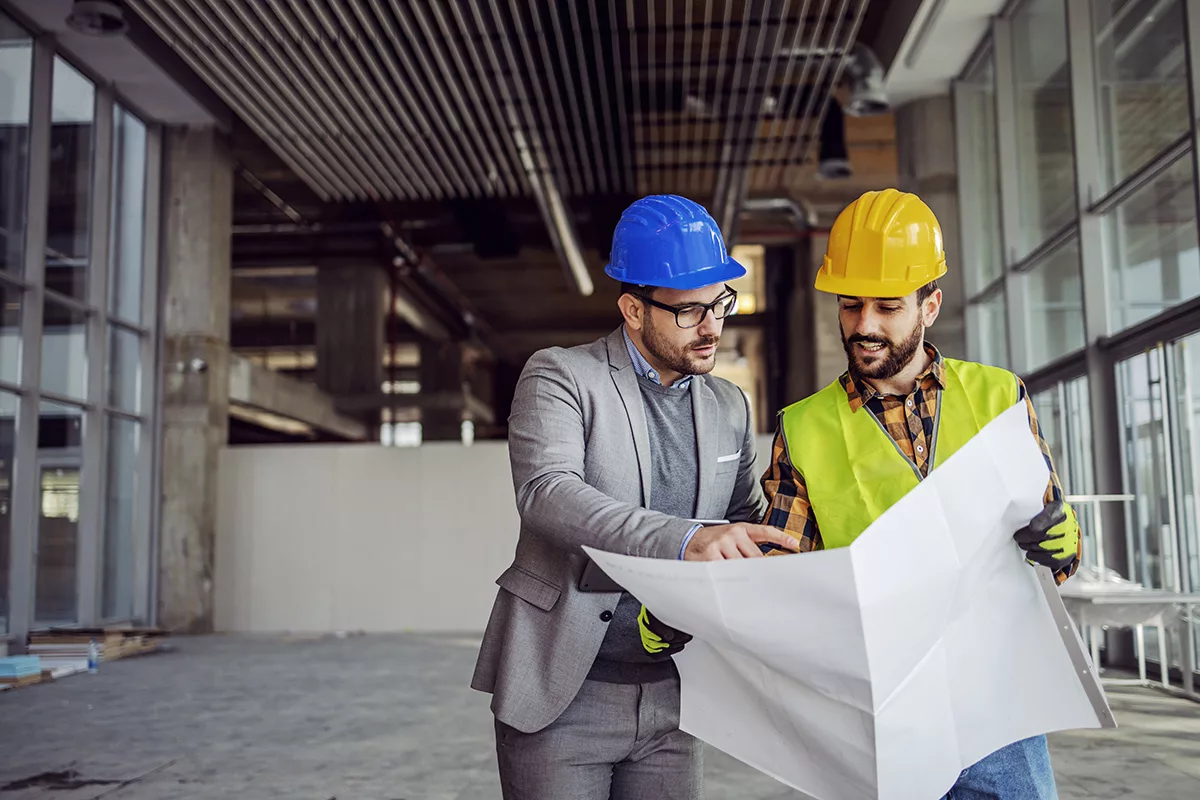
Every commercial construction project requires proper permits and compliance with legal guidelines. Legal issues can cause costly and time-consuming project delays, but a general contractor mitigates this risk by ensuring everything is compliant from start to finish.
A GC will obtain all necessary permits and approvals from local authorities and ensure the project adheres to all building codes, safety regulations, and environmental laws. This helps keep the project on track for timely completion and long-term success.
Streamlining Communication
Clear communication is the backbone of any commercial construction project, and a general contractor is the primary link between you and all other parties involved. From hiring subcontractors to scheduling deliveries, a GC coordinates every moving piece with precision and ensures all stakeholders are consistently up to date. Utilizing a single point of contact simplifies communication, minimizing errors and increasing productivity for more effective outcomes.
Ensuring Health and Safety
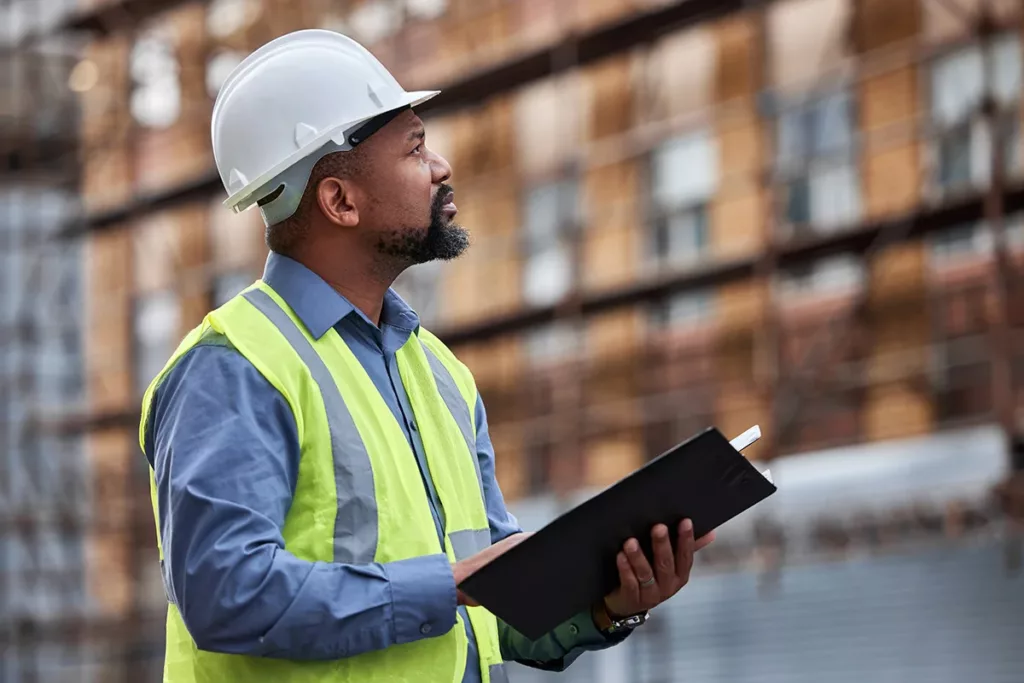
Safety is never an area for compromise, and a GC understands this completely. A qualified commercial general contractor knows which steps to take to reduce the likelihood of harmful accidents, mitigate liability issues, and keep the project flowing as smoothly as possible.
A general contractor will develop and enforce a safety plan for the construction site. This may involve arranging safety training, supervision, and proper protective gear for all workers to promote a safe working environment and a successful project.
Subcontractor Management
Selecting and hiring qualified subcontractors requires time, research, and industry expertise. A general contractor handles this entire process so you can dedicate more energy to running your business.
A GC has access to a network of skilled professionals. They vet and select subcontractors based on expertise, reputation, and reliability. They also schedule and oversee all subcontractor work to ensure everything aligns with the overall project timeline, reducing delays and maintaining momentum.
Project Closeout and Handover

When the project is complete, a commercial general contractor will conduct final inspections and address any remaining issues. They will work through a comprehensive punch list to address any outstanding items and ensure the client is delighted with the final product.
When it’s time for handover, a GC will provide the client with all necessary documentation and training for the completed facility to ensure a smooth transition from construction to occupancy.
Find a General Contractor to Maximize Your Commercial Construction Project
By effectively managing these responsibilities, a commercial contractor ensures a project is completed on time, within budget, and in alignment with the client’s overall vision for the most successful outcome possible.
At DRF Builders, we understand the ins and outs of commercial construction. We offer comprehensive general contractor services to maximize your commercial construction project and help your business thrive. Contact us online today or call us at (208) 254-2002 to discuss how we can help you meet your goals.


